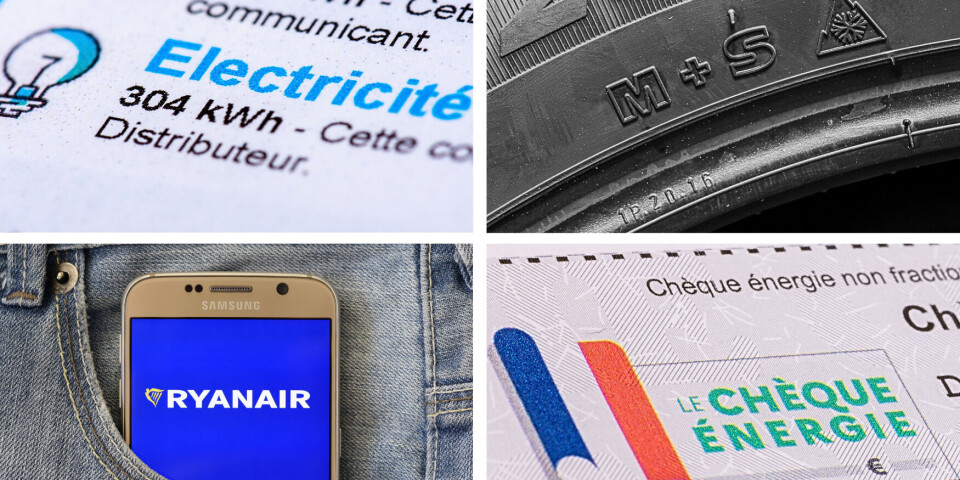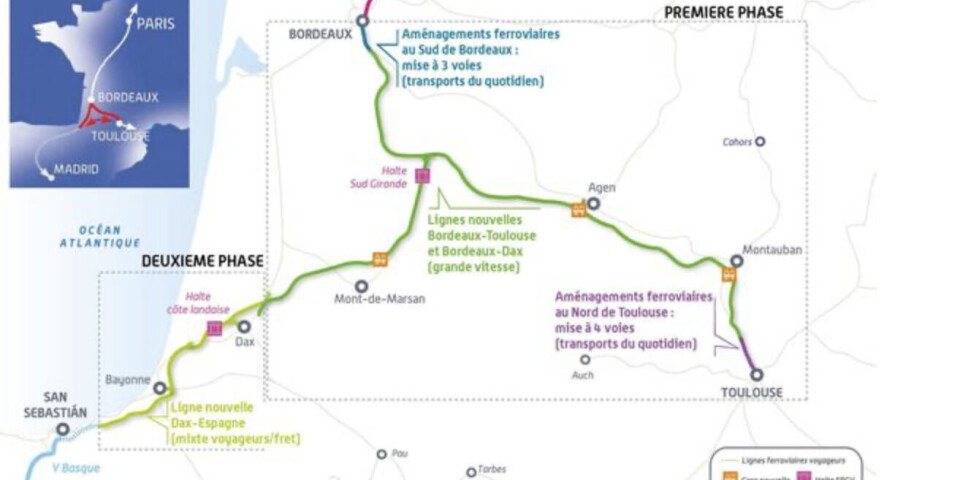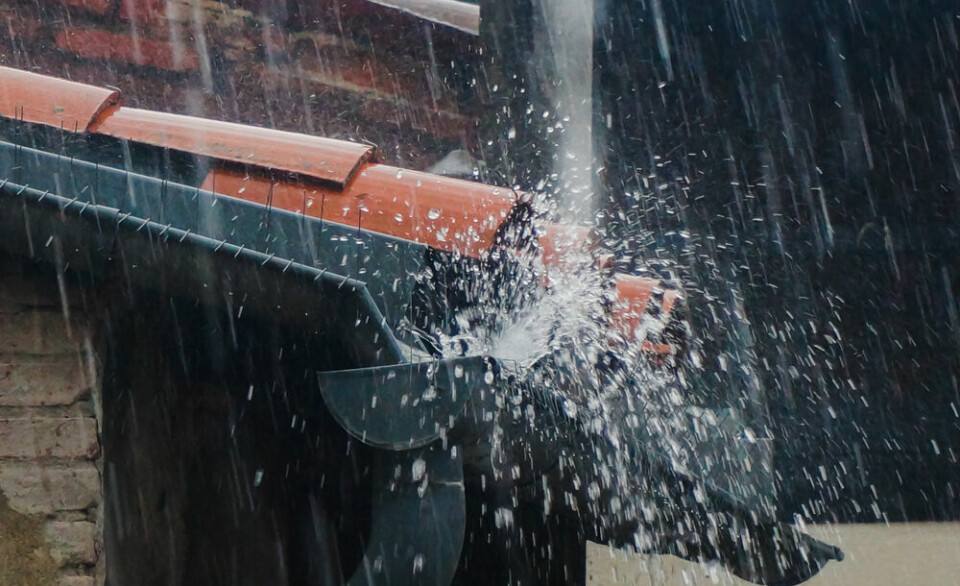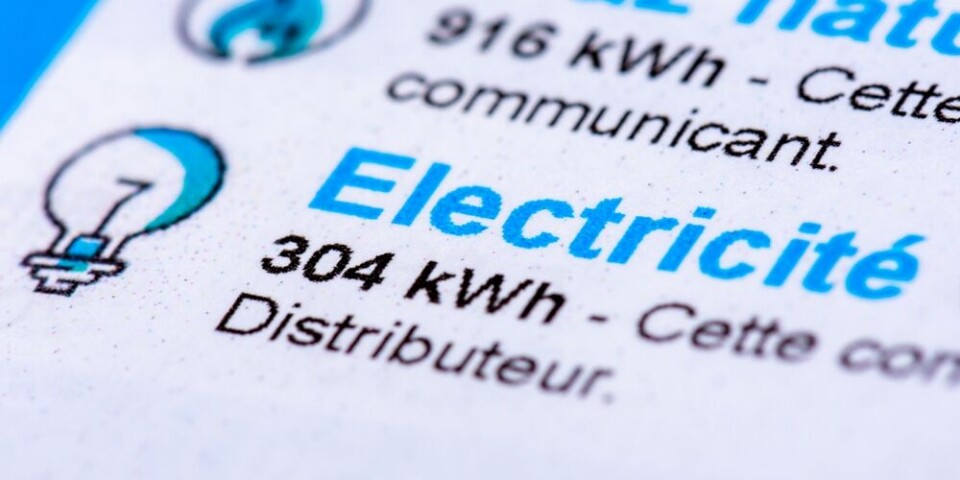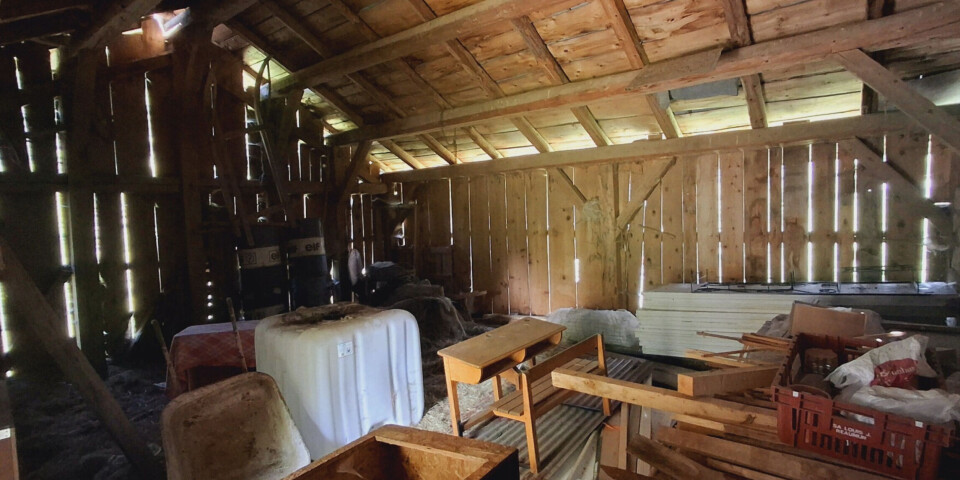-
French MPs vote through tax credit for mandatory garden undergrowth clearing
The tax credit would help with costs of annual débroussaillement in affected areas
-
What changes in France for residents in November 2025?
EES checks rollout, energy bills, taxes, and winter rules: See what is changing in France next month
-
French politics update: budget stand-off, potential new elections, and why November 15 is so important
MPs are set to hold a crucial budget vote on November 4 but it looks unlikely that consensus on text will be found
Ten French departments on amber alert for heatwave or violent storms
Temperatures of 34-39°C are predicted in Alpes-de-Haute-Provence and Drôme from this afternoon (Thursday, August 12) until Sunday, with heavy rain and winds forecast for seven departments around the Auvergne-Rhône-Alpes region
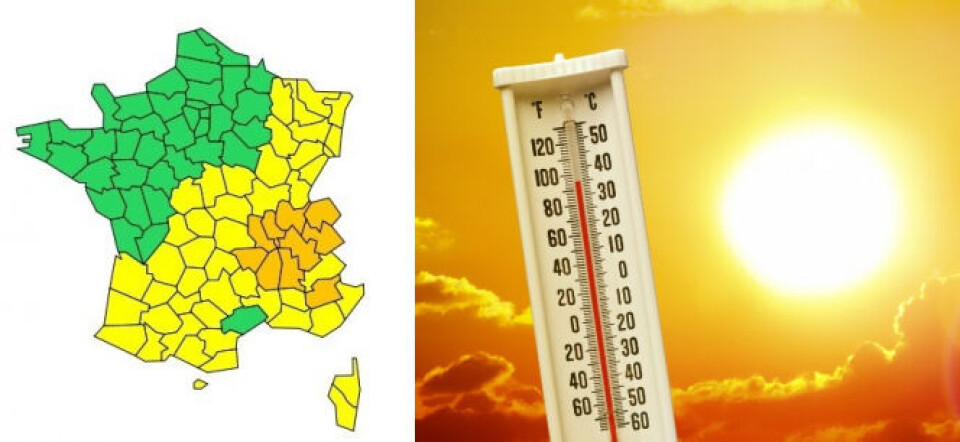
[Article updated August 12, 2021 at 17:12: Allier, Jura, Puy-de-Dôme, Saône-et-Loire and Drôme have now been added to the amber alert list for storms, while Alpes-Maritimes, Ardèche and Var join Alpes-de-Haute-Provence and Drôme on amber heatwave alert]
Eight departments in the south east of France are on amber alert for thunderstorms, while a further two have been placed under a heatwave warning.
Alpes-de-Haute-Provence and Drôme were put on amber canicule (heatwave) alert yesterday (August 11), with Météo-France stating that this afternoon, temperatures could climb to 38 or 39°C in some areas.
This includes the region between Sisteron and Manosque in Alpes-de-Haute-Provence, as well as the south of Drôme.
Elsewhere, people in these departments can expect temperatures to reach 34-37°C.
The hot weather will continue until Sunday, with temperatures of 39°C predicted for the Manosque area on Friday.
The French ministry for ecological transition has published advice for those affected by the heatwave on its website, recommending that people drink plenty of water, avoid consuming alcohol, and close their windows and shutters during the day if possible.
Further north, the departments of Haute-Loire, Loire, Rhône, Ain, Haute-Savoie, Savoie, Ardèche and Isère are on an amber alert for thunderstorms that could involve winds of 100-120 km/h, hail and 10-15mm of rain, perhaps resulting in surface runoff in urban areas.
These storms, caused by the hot weather, are expected to begin this afternoon or evening to the east of the Massif Central in the Alps and Jura Mountains, before moving over the area around Lyon.
The wind and rain is expected to ease during the early hours of Friday morning.
Heatwaves in France
Météo-France defines a heatwave as a period of hot weather where temperatures remain above average both during the day and at night.
The heat must normally last for at least three days for it to be classed as a canicule, although the temperature threshold depends on the region.
France follows a strict Plan national canicule, which systematically monitors the likelihood of extreme high temperatures while aiming to manage their effects.
The government may issue a heat warning to public services as the weather grows hotter, moving on to an alerte canicule - based on Météo-France’s amber alerts - if the situation progresses.
This will prompt local authorities to pay extra attention to care-home residents, homeless people and other vulnerable groups.
If temperatures continue to rise and a red alert is issued, special measures will be introduced by the state to help control the situation.
This system was put in place following the tragic events of August 2003, when between 11,000 and 20,000 people in France French people - mostly elderly - are believed to have died as a result of a heatwave that affected the whole of Europe.
France was hit with eight days of consistently high temperatures, which exceeded 40°C even in the relatively northern town of Auxerre.
While plans had been put in place for other natural catastrophes, high temperatures had rarely been considered a major hazard, and so public services were not prepared and hospitals were soon overwhelmed.
Related stories
Temperature highs of 30-40C forecast for much of France this week
27 French departments bring in water restrictions as temperatures rise
How climate change will affect major cities in France by 2050




